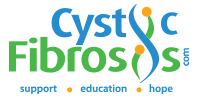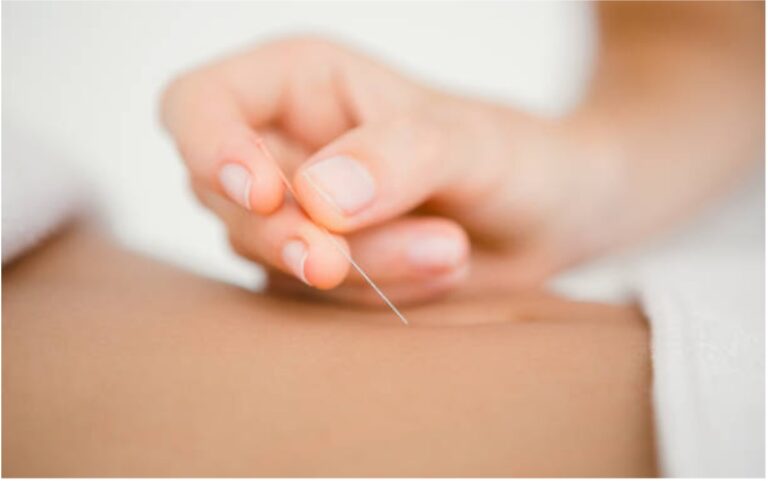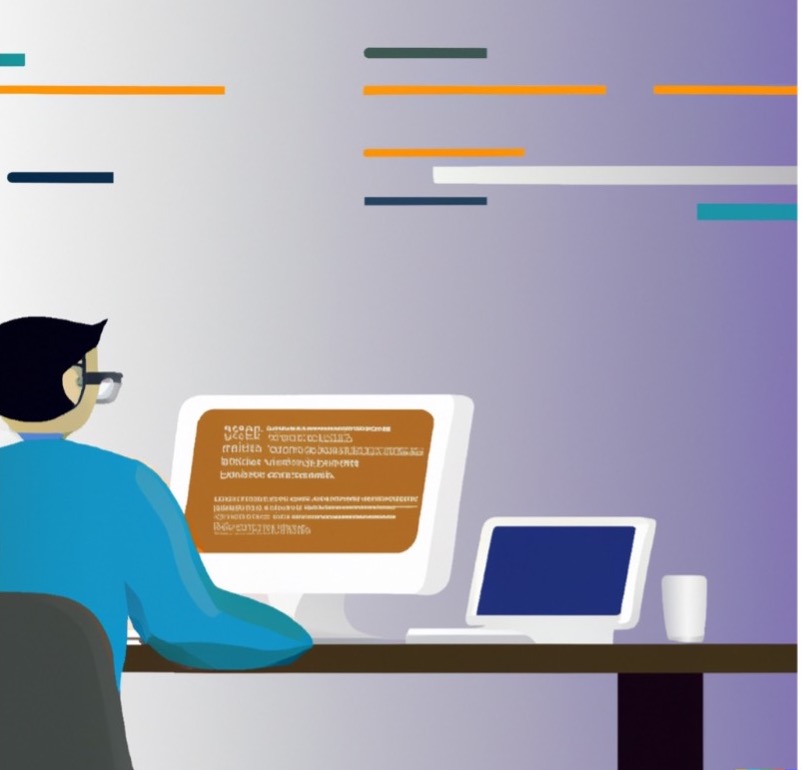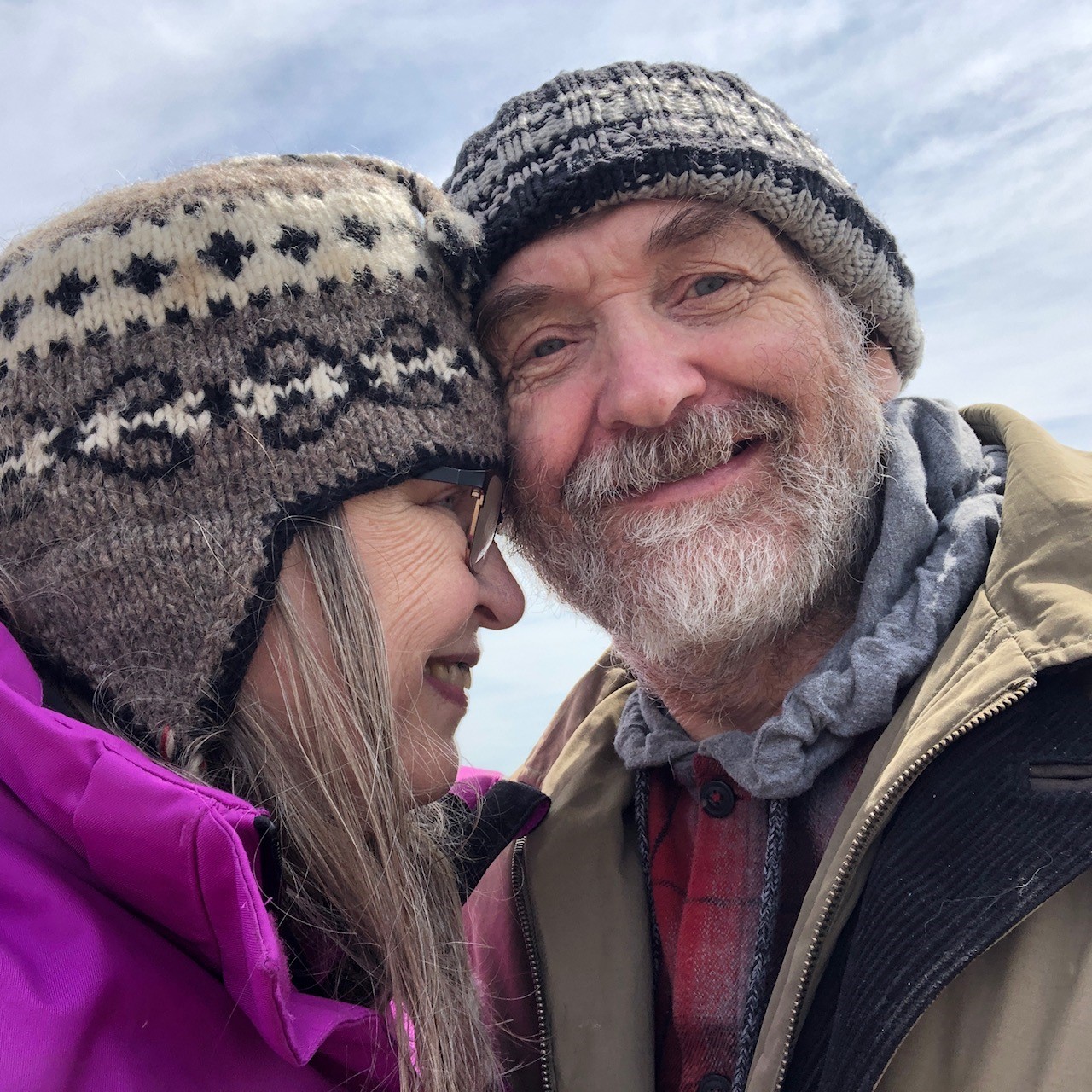Acupuncture for Cystic Fibrosis
What is Acupuncture?
Acupuncture derives from traditional Chinese medicine and has been practiced for over 5000 years. It involves inserting very thin needles through the skin at different key points on the body. These needles are about the thickness of a human hair, so they don’t hurt when inserted, (they honestly feel as gentle as a feather compared to the cannulas and PICC lines we CFers are used to!).
When these points are stimulated, the body’s natural healing abilities are engaged to encourage optimal functioning of the body and homeostasis, -(a rebalancing of the body’s systems so that they all work together in harmony).
Acupuncture also rebalances the flow of energy (qi) in the body by removing any blockages of qi, further enabling the body to heal optimally. It also works by stimulating the central nervous system which consists of the brain, spinal cord, and muscles. This releases chemicals called neurotransmitters and hormones. These chemicals dull pain, boost the immune system and regulate bodily functions. Acupuncture also stimulates serotonin and endorphins which are the body’s natural pain killers and cause the feel-good effect. They are known to be natural mood lifters. Sometimes this gives me a fit of giggles after a session!
I love this ancient therapy because truly, it has significantly improved my health! I don’t view it as a luxury treatment, I view it as a necessity. When I feel a chest infection coming on, I book an acupuncture session. When I feel stressed, have sinus pain, headaches, back pain, congested, constipated, can’t sleep, hormonal, when I feel stuck in a rut and can’t shake it off, when my allergies flare up, when I’m fatigued, anxious, or feel low, or even when I have a big check-up or procedure coming up, I book an acupuncture session.
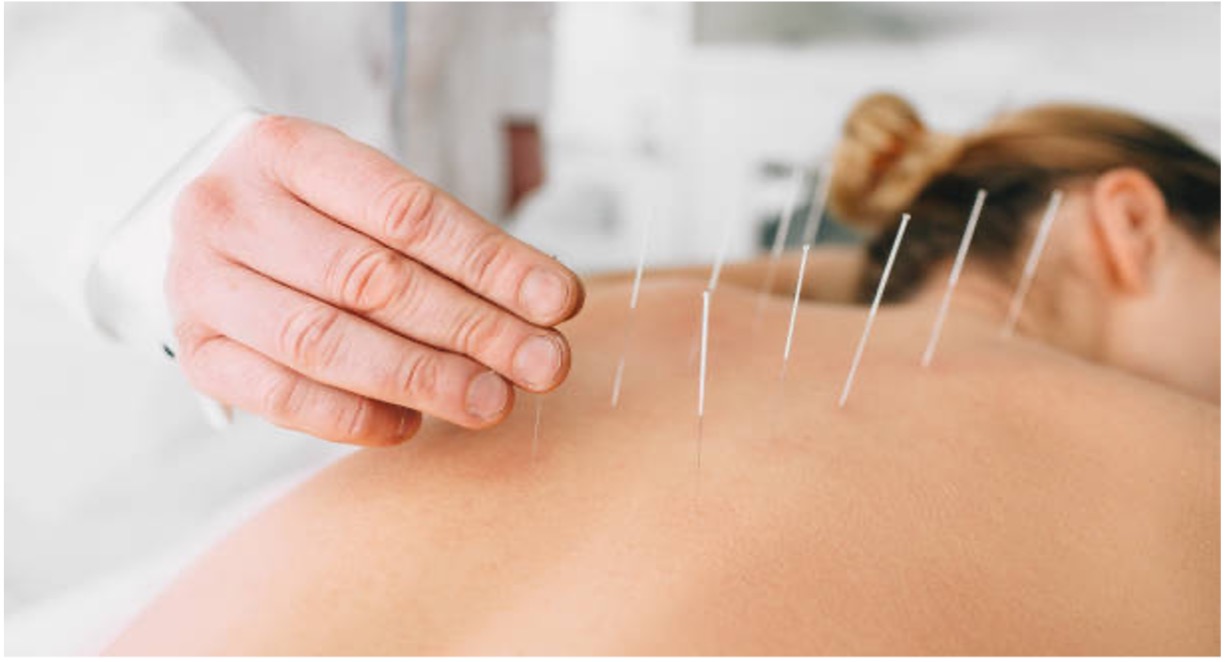
What to look for in an acupuncturist
I’ve attended four different acupuncturists to date, each one better than the next. However, I recommend finding a reputable therapist who engages in a high standard of hygiene and professionalism. It is essential that they use single-use disposable needles. As with most things, I find word of mouth the best, but you should also check out the therapist’s qualifications and make sure that they are registered with your local national register, before booking an appointment. You can usually find this information on the therapist’s website.
What to expect from an acupuncture session
Acupuncture is a wonderful form of self-care too. Each session takes about 45 minutes, initial treatments may take a full hour. The therapist will run through your medical history and assessing your symptoms and overall wellbeing. They will then check your pulse and tongue to help them determine where in your body is the most fatigued or imbalanced. Then they will apply the needles to certain points in the body while you lay on the therapy bed. Once this is done, they usually play some relaxing music, dim the lighting and leave the room, allowing you to rest for about 30 minutes to reap the benefits of the treatment. As with many alternative therapies, the more you relax throughout the session, the better the treatment will work. I like to focus on taking deep breaths into my diaphragm to help me to relax and not let my mind run away. This helps me to turn inward and focus on helping my body to heal effectively.
My personal experience with acupuncture
I often feel quite dazed after an acupuncture session and need to rest and rehydrate. I tend to feel similarly after a deep tissue massage. It’s like a therapy hangover, if I don’t rest and get the fluids into me I will get a headache and feel groggy. This is due to the release of toxins being broken down by the body and also the unblocking of energy.
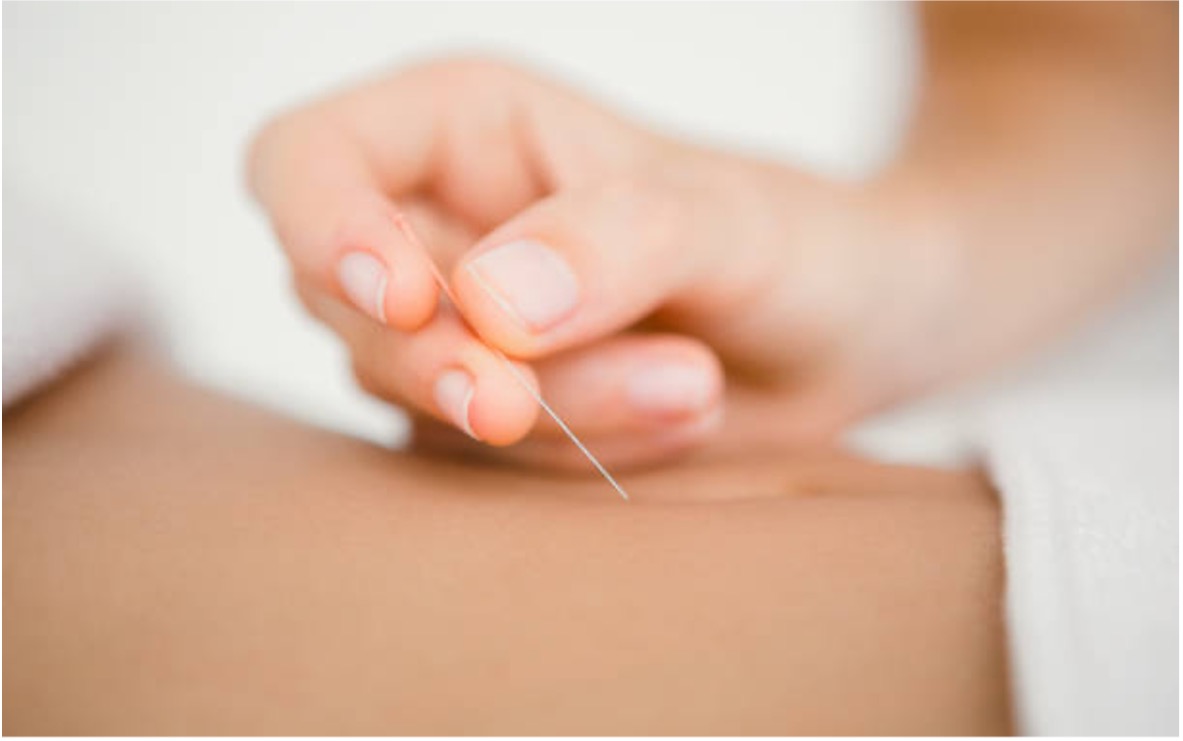
Another reason I love this treatment is that unlike many Eastern ‘solutions’ to illness, acupuncture gets to the root of our illness and symptoms, rather than just masking them. However, this can take time and money, which can be an issue for those of us who don’t work full time or at all due to our health conditions. In my personal experience, being too proud or protective about my financial state never serves me. When I decide to share my dilemma with practitioners, they are often more than willing to help me out by offering me some free-of-charge treatment or discount rates. After all, they have chosen this path of service, -or for some, the path chose them, for a reason. They are often more driven by the purpose of helping others, especially those in need, rather than financial gain. Of course, this is completely down to the therapist’s discression and is by no means a general ‘rule’ of any kind.
This is further useful as it often takes more than a couple of sessions to make good progress on the ailment/symptoms at hand. Although in saying that, I have always felt the benefits after my first sessions starting back, (sometimes I take breaks from sessions or spread them out more as my symptoms reduce).
Acupuncture for Cystic Fibrosis related issues
Some of the CF-related symptoms acupuncture could help with are;
- Congestion in my lungs
- Congestion in my sinuses
- Headaches
- Disturned sleep
- Constipation
- Fatigue
- Allergies
- Increased immunity
- Stress
- Chest pain
- Hemoptysis (coughing up blood)
- Persistent coughing
Acupuncture for everything else
Acupuncture is also known to be very effective for the following non-CF related issues;
- Fertility issues
- Helps reduce chemotherapy side effects
- Releases excess heat endured from radiotherapy treatment
- Gynecological issues
- Period cramps
- PMS
- Irritable Bowel Syndrome
- Anxiety
- Depression
- Labor pain
- Chronic pain conditions
- Sciatica
- Joint pain
- Aid in the reduction on smoking habits
Risk factors
Unfortunately, not everyone is an ideal candidate for acupuncture. You may be at risk of complications if you deal with any of the following;
- Have a bleeding disorder or take blood thinners.
- Have a pacemaker. (Some acupuncturists apply mild electrical pulses to the needles which may interfere with the functioning of a pacemaker. You can ask the therapist to refrain from using the electrical pulses if this is the case for you).
- Are pregnant. Some types of acupuncture may stimulate labor, which could result in premature delivery.
The Takeaway
The biggest relief I have gained from discovering the power of acupuncture is that I no longer fear falling severely ill because I know I can always rely on acupuncture to help me get back on track with my health and wellness.
